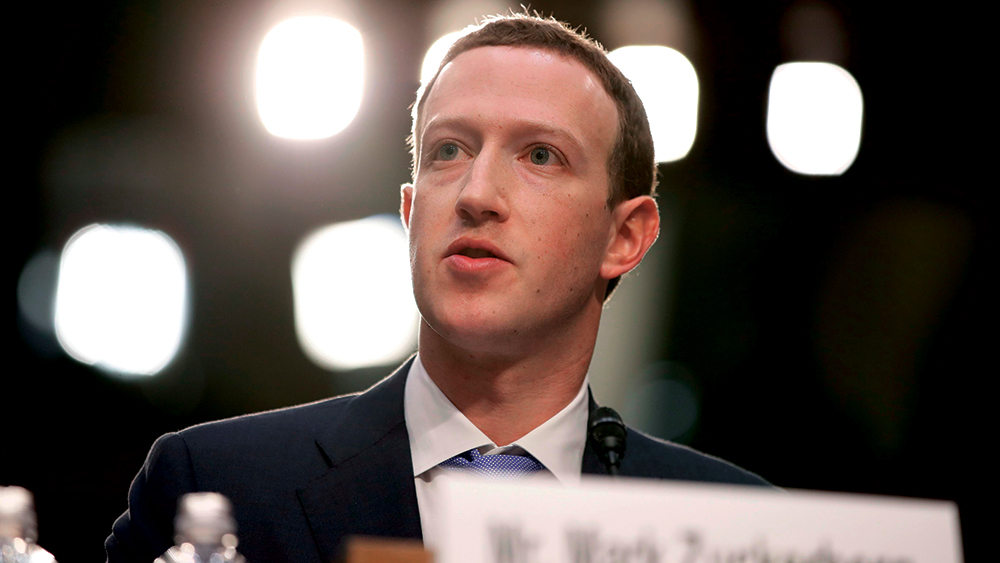Investors Want to Change Corporate Governance Rules for Tech Powerhouses
By Todd Spangler
LOS ANGELES (Variety.com) – Facebook wields more power and influence than many of the world’s governments. And yet every decision about running the company rests in the hands of one individual: chairman and CEO Mark Zuckerberg.
And isn’t alone. Other tech companies, including Alphabet (Google’s parent) and Snap, have similar multiclass-stock structures that give their founders
full control over their businesses. Meanwhile, at Netflix, the company’s bylaws require supermajority votes by owners of all outstanding shares to make any changes in corporate governance. That ensures that CEO Reed Hastings and his allies can handpick the board and ignore shareholder proposals they don’t like.
There’s not much fuss over all of this when the sun is shining. Facebook and Google continue to make money hand over fist. continues to pack on millions of streaming subscribers across the globe. When a storm hits, though, investors are quick to blame the mistakes on the over-lords who hold the power.
The Facebook scandal involving Cambridge Analytica, in which the consulting firm illicitly obtained data on millions of users, has been a Klaxon signal for disgruntled shareholders. Details of the data misappropriation — and why Facebook didn’t publicly disclose what it knew in 2015 — are being investigated by multiple U.S. agencies, including the SEC, the Justice Department and the FBI.
“I think Facebook wouldn’t have been so insular, and might have paid more attention [to the Cambridge Analytica issue], if the board were more independent,” says James McRitchie, an investor and shareholder advocate.
Zuckerberg is a dictator, McRitchie says — a benevolent one, perhaps, but he still calls all the shots. “I don’t think Mark Zuckerberg is a nasty person. He just bumbles into problems,” he adds.
Investor gripes about technology autocrats aren’t new. And of course, Silicon Valley didn’t invent dual-class shares. Historically, that’s been the province of family-owned
media companies (see: Murdochs, Redstones), which have justified their control as necessary for fending off hostile takeovers that could poison their editorial independence.
In the tech biz, the storyline is about the “genius founder.” You’re buying into the proposition that Zuckerberg, who controls 60%
of the voting power in Facebook, knows what’s best for his company and its future.
But corporate governance experts agree: These are bad ways to run publicly held companies. “There never is really a situation where this makes sense. You could make excuses, but what it does is eliminate accountability,” says Charles Elson, professor of finance at the University of Delaware.
Facebook defends the status quo that permits Zuckerberg’s absolute power. “We believe that our capital structure is in the best interests of our stockholders and that our current corporate governance structure is sound and effective,” the company has said.
One problem with the caveat emptor rationalization — that investors are fully aware going in that they’re disenfranchised — is that investment funds with passive-investment strategies are obliged to invest in market indexes that include companies that don’t give them a voice in governance issues. “It’s hard to say that those buyers have agreed to the dual-class terms,” says Richard Clayton, research director at CtW Investment Group, which advises union pension funds on corporate governance issues.
Can an all-powerful mogul be forced to relinquish control? Possibly, if the U.S. passed legislation outlawing companies with multiclass-share structures, but that’s unlikely, experts say. Then there are the courts: CBS has sued Shari Redstone and National Amusements Inc. (which controls CBS), alleging NAI breached its fiduciary duty by trying to force a CBS-Viacom merger. The CBS board then voted to dilute NAI’s voting power to 20% — which prompted NAI’s pending lawsuit against CBS.
But in all likelihood nothing will change at Facebook, for example, unless Zuckerberg decides to unhand the reins. Shareholder pressure could be an effective catalyst. If he agreed to separate the CEO and chairman roles — which about half of the S&P 500 companies have done — and, say, opted to sunset his controlling stake over a period of several years, it could be a valuable sign of goodwill to shareholders, says Lawrence Cunningham, corporate governance professor at George Washington University. “It would be a stunning display of humility and deference,” he says.
At least on paper, things could change at Netflix if shareholders rally enough support to change the bylaws to elect directors by a simple majority and nominate board slates. Currently, Netflix uses old-fashioned plurality voting for uncontested elections — so directors can be seated even if most shareholders don’t actually vote for them. It has a “politburo feel,” says Cunningham.
Activist investors have been frustrated that the Netflix board isn’t receptive to their concerns and have noted the lack of racial diversity among directors. At Netflix’s June 6 stockholders meeting, director Richard Barton, executive chairman of Zillow Group, received just 54% of the shareholder vote in favor of his election while Microsoft’s Brad Smith received 56%. The votes were meaningless except as an expression of shareholder frustration.
However, as long as Netflix continues to deliver strong results, Cunningham says, “a lot of shareholders will say, ‘Well, it’s not the best board in the world, but I can live with it.’”

